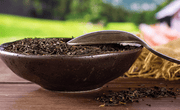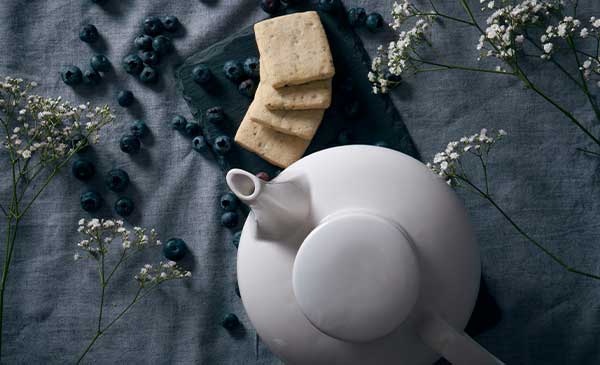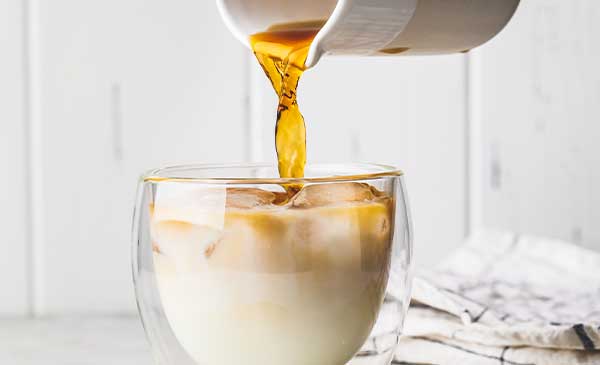10 Mistakes to Avoid when Steeping Tea
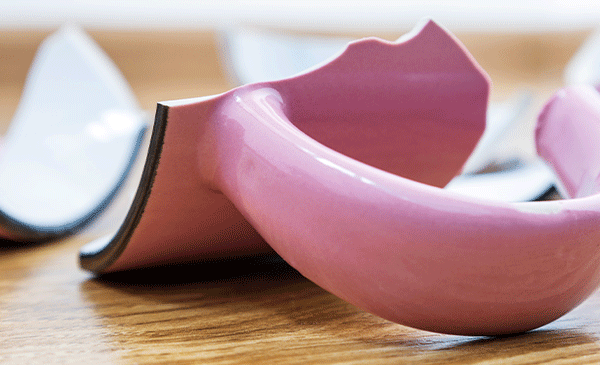
What does steep mean for tea?
Steeping tea refers to the process of soaking tea leaves in hot water to extract their flavors, aromas, and nutrients. The duration of steeping varies depending on the type of tea being used. It is essential to find the perfect steeping time to bring out the full flavor of your tea without making it bitter or weak.
Even experienced tea lovers may make mistakes that affect the taste and quality of their tea. We're going to explore some important errors to steer clear of when preparing your next cup of tea.
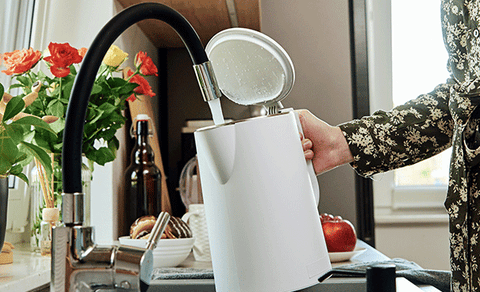
1. Disregarding water quality
Don't ignore the importance of water quality. The key to a delicious cup of tea starts with the quality of the water. If tap water contains contaminants like chlorine or heavy metals, it can affect the taste of your brewed tea. Choose fresh cold water that has been filtered to guarantee a pure and neutral foundation for your brew.
2. Ignoring water temperature
Be sure to pay attention to the temperature of your water when you brew loose leaf tea. Various teas need precise water temperatures to bring out their best flavors.
Pouring boiling water on your tea can scorch the leaves and induce undesired bitterness. Consider buying a tea kettle with temperature control or use a thermometer. This will ensure you reach the ideal temperature for your preferred type of tea.
3. Getting distracted during the steep
Pay attention to what you are doing. Steeping your tea too long or too short can ruin the flavor of the tea. It is essential to find the perfect steeping time to bring out the full flavor of your tea.
Can you oversteep tea? You bet! Steeping loose tea for too long can also make tea bitter. Steeping for too short a time may result in a weak and tasteless brew.
How long should tea steep? Start by referring to the tea package or the website where you purchased the tea for recommended steeping times. After tasting the tea, you can always adjust the time based on your preference.
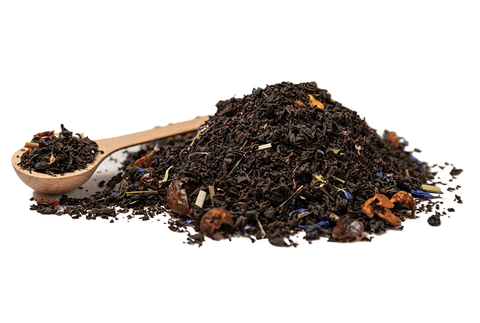
4. Using the wrong tea-to-water ratio
Using the wrong tea-to-water ratio can greatly impact the taste of your brew. It's important to find the right balance. Using too few tea leaves can lead to a weak flavor while using too many can make the tea taste bitter. Make sure to follow the recommended guidelines to ensure a perfect infusion.
5. Reusing tea leaves improperly
Good news! Some teas can be brewed multiple times. But this is not true for all types of tea. Reused tea leaves will result in a weaker second brew.
Experiment with your teas to figure out which ones can handle multiple infusions. You will need to adjust the steep time to allow the flavors to release from the used leaves on a second infusion.
After the leaves are infused once, you can keep them to re-steep, but be sure to reuse your wet leaves within 1-3 hours. If you wait any longer than that, the delicate flavors will begin to break down.
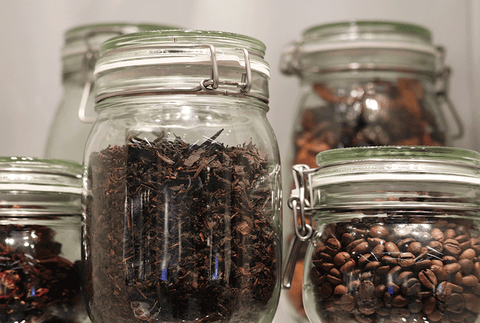
6. Improperly storing your tea
Improper tea storage can lead to the deterioration of your tea's freshness and taste. To prevent this, it is crucial to store your tea properly in sealed containers, away from sunlight and strong smells. This will help maintain the quality of your tea for a longer period.
7. Skimping on the quality of the tea
Always be sure to start with high quality tea. The quality of the leaves you use greatly affects the flavor and scent of your tea. Choose premium loose-leaf teas from trusted sources for a richer and more pleasant tea-drinking experience. While pre-made tea bags may be convenient, they typically contain lower-quality leaves and unwanted extras.
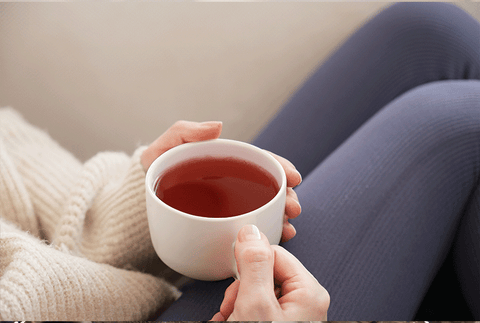
8. Rushing the Experience
The act of making tea is a ceremony that should be relished. Rushing the process may lead to overlooking subtle details and reducing enjoyment. Make sure to savor the scent, hue, and flavor of your tea as you set off on a sensory adventure.
9. Forgetting to Heat Up Teaware
Heating up your teapot or teacup before brewing results in a more consistent and tasty tea. Just give your teaware a quick rinse with hot water before brewing. This avoids abrupt temperature changes and improves your tea-drinking pleasure.
10. Neglecting to Try New Things
While it's important to stick to the basics of brewing, don't hesitate to try out different methods and techniques. Experimenting with steeping times, water temperatures, or tea-to-water ratios can lead to unexpected and enjoyable outcomes. Take advantage of the chance to improve your brewing skills and find your ideal cup of tea.

|
DID YOU KNOW: You can steep tea in milk?
Add 2 generous teaspoons of loose tea to 1 cup of milk in a small saucepan. Allow the tea to gently simmer over low heat on the stove for 10 minutes. Never allow it to come to a rolling boil. Use a mesh strainer to filter it and enjoy a delicious cup of creamy and velvety tea! We recommend using teas with a strong flavor such as black tea, chai tea, or maté.
|
Enhance your hot tea-drinking experience by steering clear of these common errors. Whether you prefer kick-starting your day with a robust black tea, sipping on oolong tea during the day, or unwinding with a rooibos tea at night, it's all the same. Paying attention to the details and being open to trying new things will help you make the perfect cup of tea.


